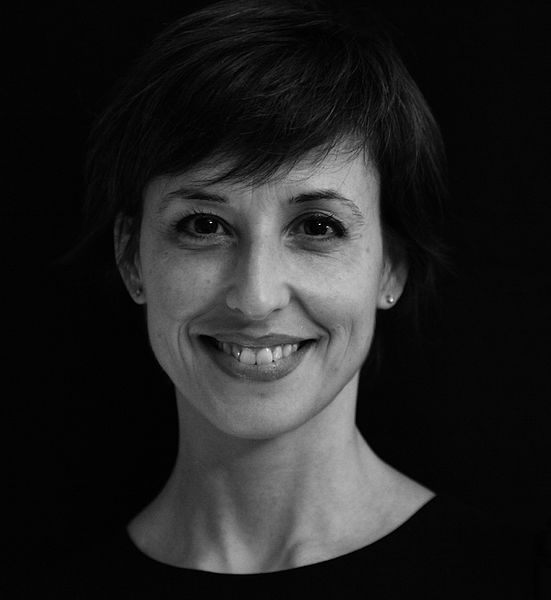 Dr. Eva Poveda is the Research Lead of the Group of Virology and Pathogenesis at the Galicia Sur Health Research Institute (IISGS) (http://www.iisgaliciasur.es/research-areas/inflammatory-and-infectious-diseases-immune-disorders/virology-pathogenesis/?lang=en). Her research career is focused on the study of HIV/AIDS and viral hepatitis since 2001. The results of her work have mainly focused on the molecular epidemiology, drug resistance, and pathogenesis of these infections, and have had direct applicability on the clinical management of patients. She has published 140 articles (h-index: 32) in major international scientific journals (https://www.ncbi.nlm.nih.gov/pubmed/?term=poveda+e). Dr. Poveda also has extensive experience in leading national and international projects in HIV research in HV, mainly in Europe and in the USA at Case Western Reserve University School of Medicine (CWRU) in Cleveland, Ohio. She has co-authored several guidelines on the treatment of HIV and HCV infections, and the clinical management of HIV Drug Resistance (i.e. GESIDA, GEHEP, ESAR, HIV/AIDS Network of Spain). She is currently the co-leader of the Working Group on HIV Drug Resistance in the Spanish HIV/AIDS Network (GESIDA), and lead author of the current 2018 Spanish guidelines on HIV drug resistance (GeSIDA). She is also actively engaged in scientific teaching and has directed 6 doctoral theses: 3 at the Universidad Complutense de Madrid and 3 at Universidade de A Coruña (summa cum laude). Dr. Poveda also actively participates in projects and initiatives for Science Communication to bring scientific knowledge to the general public, as well as promoting women in science. Her scientific contributions have been recognized with several awards, including the 2012 LOREAL-UNESCO Award for Women in Science Program in Spain. Dr. Poveda has established a solid collaboration with the Laboratory of Interesting Immunology led by Dr. Michael Lederman at Case Western Reserve University (Cleveland, Ohio), in order to study the significance of extracellular vesicles (EVs) and mitocondria in the pathogenesis of HIV disease.
Dr. Eva Poveda is the Research Lead of the Group of Virology and Pathogenesis at the Galicia Sur Health Research Institute (IISGS) (http://www.iisgaliciasur.es/research-areas/inflammatory-and-infectious-diseases-immune-disorders/virology-pathogenesis/?lang=en). Her research career is focused on the study of HIV/AIDS and viral hepatitis since 2001. The results of her work have mainly focused on the molecular epidemiology, drug resistance, and pathogenesis of these infections, and have had direct applicability on the clinical management of patients. She has published 140 articles (h-index: 32) in major international scientific journals (https://www.ncbi.nlm.nih.gov/pubmed/?term=poveda+e). Dr. Poveda also has extensive experience in leading national and international projects in HIV research in HV, mainly in Europe and in the USA at Case Western Reserve University School of Medicine (CWRU) in Cleveland, Ohio. She has co-authored several guidelines on the treatment of HIV and HCV infections, and the clinical management of HIV Drug Resistance (i.e. GESIDA, GEHEP, ESAR, HIV/AIDS Network of Spain). She is currently the co-leader of the Working Group on HIV Drug Resistance in the Spanish HIV/AIDS Network (GESIDA), and lead author of the current 2018 Spanish guidelines on HIV drug resistance (GeSIDA). She is also actively engaged in scientific teaching and has directed 6 doctoral theses: 3 at the Universidad Complutense de Madrid and 3 at Universidade de A Coruña (summa cum laude). Dr. Poveda also actively participates in projects and initiatives for Science Communication to bring scientific knowledge to the general public, as well as promoting women in science. Her scientific contributions have been recognized with several awards, including the 2012 LOREAL-UNESCO Award for Women in Science Program in Spain. Dr. Poveda has established a solid collaboration with the Laboratory of Interesting Immunology led by Dr. Michael Lederman at Case Western Reserve University (Cleveland, Ohio), in order to study the significance of extracellular vesicles (EVs) and mitocondria in the pathogenesis of HIV disease.
Amanda Tomalka
 Amanda Tomalka received her Ph.D. from Case Western Reserve University Department of Molecular Biology and Microbiology in 2014, where she studied type III secretion in Pseudomonas aeruginosa. Amanda joined the Popkin lab in 2016 as a Postdoctoral Fellow and has been focusing her efforts on HIV cure strategies, specifically Natural Killer (NK) cell biology and viral reservoir elimination by NK cell antibody-dependent cell-mediated cytotoxicity (ADCC).
Amanda Tomalka received her Ph.D. from Case Western Reserve University Department of Molecular Biology and Microbiology in 2014, where she studied type III secretion in Pseudomonas aeruginosa. Amanda joined the Popkin lab in 2016 as a Postdoctoral Fellow and has been focusing her efforts on HIV cure strategies, specifically Natural Killer (NK) cell biology and viral reservoir elimination by NK cell antibody-dependent cell-mediated cytotoxicity (ADCC).
Daniela Moisi
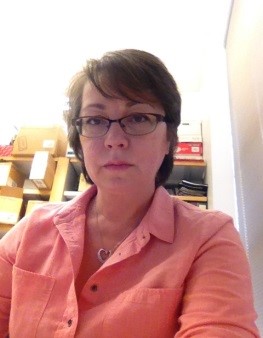 Daniela Moisi is the Lab Manager of Dr. Lederman’s laboratory of “Interesting Immunology”. She supervises all staff, collects and analyzes data from experiments, provides results to the principal investigator, and exports data to the central monitoring facility in timely fashion.
Daniela Moisi is the Lab Manager of Dr. Lederman’s laboratory of “Interesting Immunology”. She supervises all staff, collects and analyzes data from experiments, provides results to the principal investigator, and exports data to the central monitoring facility in timely fashion.
She previously served as Senior Research Assistant McGill AIDS Center, Jewish General Hospital, Laboratory of Dr. Wainberg working on sequencing and Phylogenetic analysis.
She holds a Bachelor of Science with specialty in Microbiology and Immunology from University of Montreal- Canada along with a master in Horticulture and Viticulture from University Nicolae Balcescu Bucharest, Romania.
Brian Ferrari

Brian Ferrari is a research assistant in the Sieg lab working primarily on HIV reactivation assays. Brian is also the primary technician for the immune function core in charge of overseeing machines such as: Odyssey infrared imager, AutoMACS pro cell sorter, RoboSEP cell separator, Bio-Rad S3e cytometer and cell sorter, BD LSRFortessa, and ELISA VERSAmax plate reader. Brian has a degree in biotechnology out of Lakeland Community college and is currently continuing his education by pursuing a B.S. in Biology part time at Case Western Reserve University.
Dominic Dorazio
Dominic Dorazio works with both the clinical trials and basic research parts of the lab. He preforms blood specimen processing, maintains the blood repository, and ships specimens. You occasionally will find him in front of a flow cytometer. He preforms a lot of ELISAs and CFSE dye dilution assays. When not in the lab, Dom enjoys gardening, camping, or coaching/refereeing youth sporting events. He also raises bees and chickens.
Steven Juchnowski
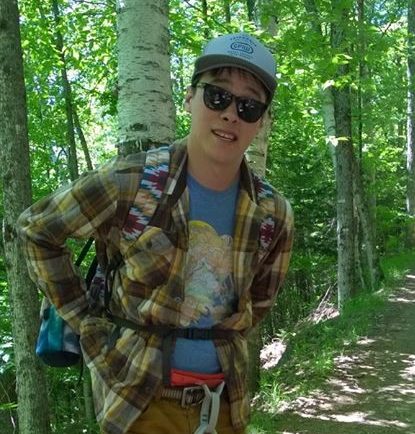 Steven Juchnowski has been a member of the lab since 2012, where he serves as a research assistant for Dr. David Zidar. Steve is a 2012 graduate of the Biotechnology Program at Lakeland Community College. His laboratory responsibilities include maintaining a cardiovascular biorepository and running the lab’s MacsQuant flow cytometer. His research involves immune response in heart disease and how it relates to the response in HIV infection. Outside of the lab, Steve can be found rock climbing, sailing, or restoring vintage pinball machines.
Steven Juchnowski has been a member of the lab since 2012, where he serves as a research assistant for Dr. David Zidar. Steve is a 2012 graduate of the Biotechnology Program at Lakeland Community College. His laboratory responsibilities include maintaining a cardiovascular biorepository and running the lab’s MacsQuant flow cytometer. His research involves immune response in heart disease and how it relates to the response in HIV infection. Outside of the lab, Steve can be found rock climbing, sailing, or restoring vintage pinball machines.
Eva Poveda
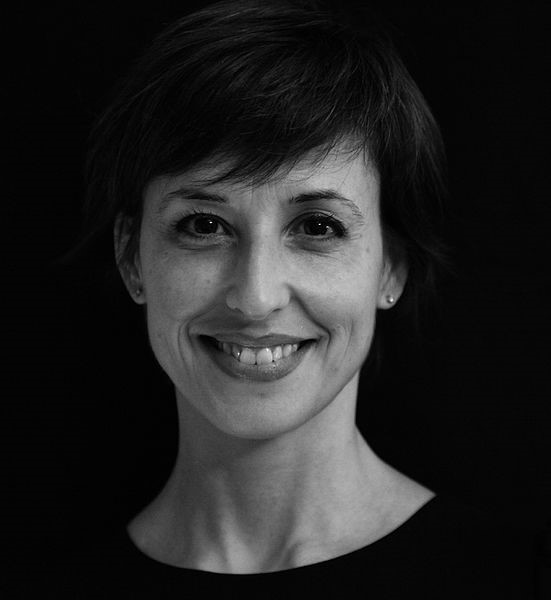
Dr. Eva Poveda is the Research Lead of the Group of Virology and Pathogenesis at the Galicia Sur Health Research Institute (IISGS) (http://www.iisgaliciasur.es/research-areas/inflammatory-and-infectious-diseases-immune-disorders/virology-pathogenesis/?lang=en). Her research career is focused on the study of HIV/AIDS and viral hepatitis since 2001. The results of her work have mainly focused on the molecular epidemiology, drug resistance, and pathogenesis of these infections, and have had direct applicability on the clinical management of patients. She has published 140 articles (h-index: 32) in major international scientific journals (https://www.ncbi.nlm.nih.gov/pubmed/?term=poveda+e). Dr. Poveda also has extensive experience in leading national and international projects in HIV research in HV, mainly in Europe and in the USA at Case Western Reserve University School of Medicine (CWRU) in Cleveland, Ohio. She has co-authored several guidelines on the treatment of HIV and HCV infections, and the clinical management of HIV Drug Resistance (i.e. GESIDA, GEHEP, ESAR, HIV/AIDS Network of Spain). She is currently the co-leader of the Working Group on HIV Drug Resistance in the Spanish HIV/AIDS Network (GESIDA), and lead author of the current 2018 Spanish guidelines on HIV drug resistance (GeSIDA). She is also actively engaged in scientific teaching and has directed 6 doctoral theses: 3 at the Universidad Complutense de Madrid and 3 at Universidade de A Coruña (summa cum laude). Dr. Poveda also actively participates in projects and initiatives for Science Communication to bring scientific knowledge to the general public, as well as promoting women in science. Her scientific contributions have been recognized with several awards, including the 2012 LOREAL-UNESCO Award for Women in Science Program in Spain. Dr. Poveda has established a solid collaboration with the Laboratory of Interesting Immunology led by Dr. Michael Lederman at Case Western Reserve University (Cleveland, Ohio), in order to study the significance of extracellular vesicles (EVs) and mitocondria in the pathogenesis of HIV disease.
Bonnie Chen
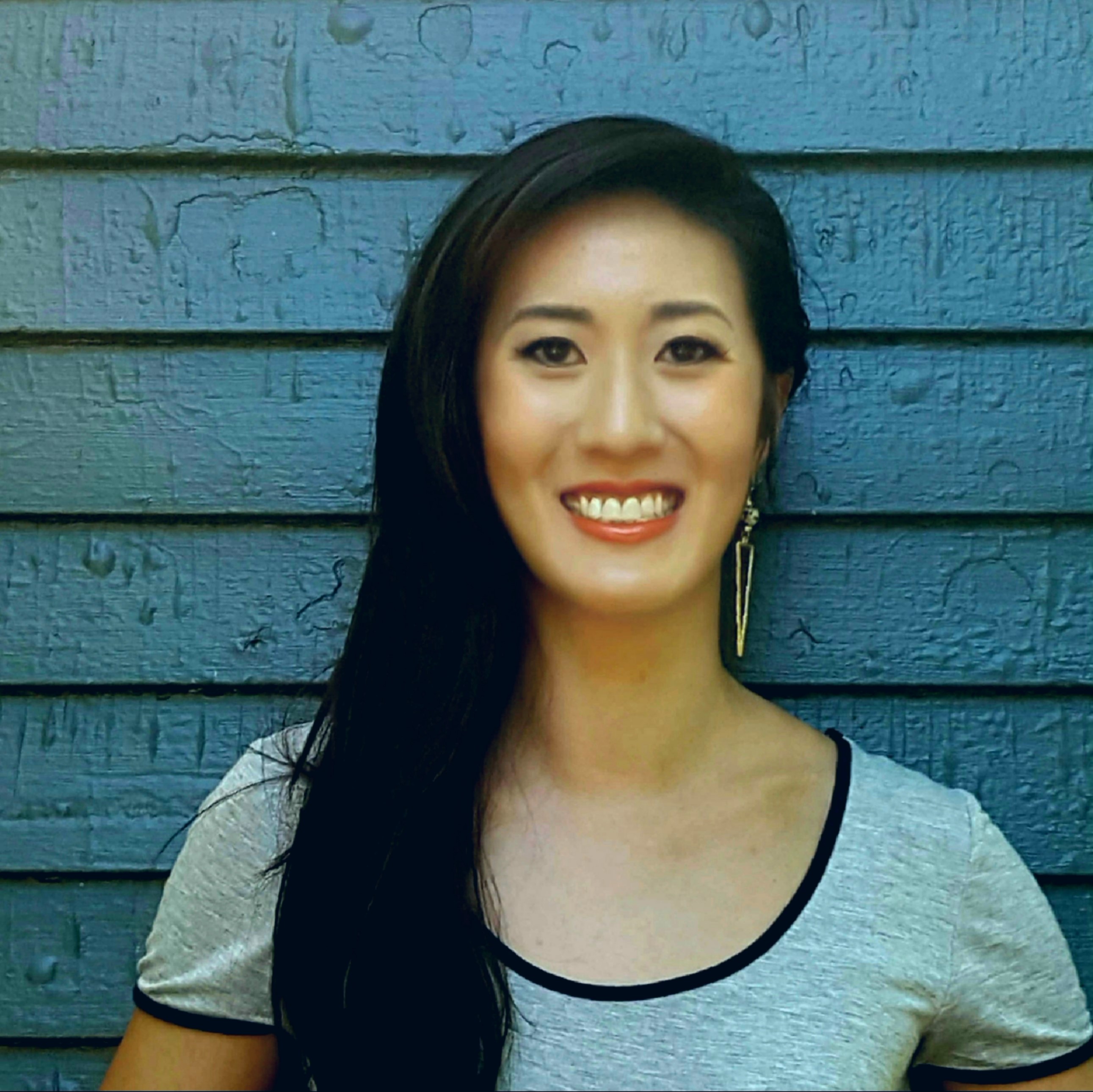 Bonnie Chen is a medical student at the CWRU School of Medicine. She earned her B.S. in Global Health and B.A. in Neuroscience in 2012 from the University of Southern California. Following undergrad, she acted as community engagement and fundraising coordinator for Yoga Behind Bars, a non-profit based in Seattle, WA. Her inspiration for pursuing medicine and HIV research stems from her service as a Peace Corps Volunteer in Namibia, where she supported community leaders to more effectively lead HIV prevention trainings and campaigns. She currently works with Dr. Michael Freeman and Dr. Soumya Panagrahi in the lab to explore the interactions between endothelial cells and CD8 T cells that may contribute to cardiovascular disease risk in individuals living with HIV.
Bonnie Chen is a medical student at the CWRU School of Medicine. She earned her B.S. in Global Health and B.A. in Neuroscience in 2012 from the University of Southern California. Following undergrad, she acted as community engagement and fundraising coordinator for Yoga Behind Bars, a non-profit based in Seattle, WA. Her inspiration for pursuing medicine and HIV research stems from her service as a Peace Corps Volunteer in Namibia, where she supported community leaders to more effectively lead HIV prevention trainings and campaigns. She currently works with Dr. Michael Freeman and Dr. Soumya Panagrahi in the lab to explore the interactions between endothelial cells and CD8 T cells that may contribute to cardiovascular disease risk in individuals living with HIV.
In her free time Bonnie likes to find new ways to stay active and enjoys catching up on her favorite podcasts — Radiolab, Invisibilia, This American Life, and 2 Dope Queens.
Soumya Panigrahi MBBS, PhD.
Soumya Panigrahi MBBS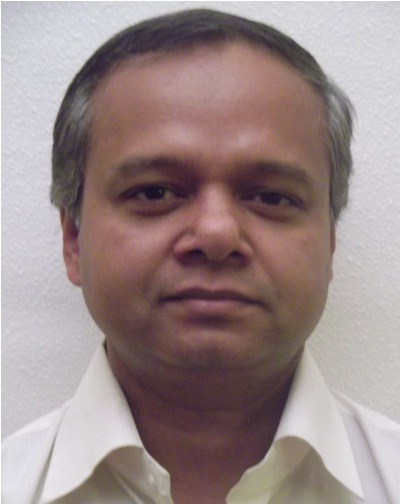 , PhD., is a senior research associate in the Department of Infectious Disease at Case Western Reserve University. He joined the lab with a wide range of background research training, and experiences in clinical medicine, clinical & translational research, with specific research expertise in molecular biology, immunofluorescence and immuno-histochemical techniques and data analyses. His current research includes NIH-funded projects investigating the relationships and interactions among CD8 T cells, platelets, monocytes, endothelial cells, and soluble coagulation factors that may underlie the increased cardiovascular disease risk experienced by HIV infected patients. His other research from the recent past were, studying the pathological significances of innate immunity receptors (TLRs) activation in platelets. Earlier, he discovered that a very specific biologically active region of the chicken anemia virus derived protein apoptin (VP3) can allosterically bind to the SH3 domain of BCR-ABL oncoprotein, and induce rapid apoptosis in chronic myeloid leukemia cells – an effect that is potentially superior to that of current gold standard BCR-ABL inhibitor imatinib. Soumya, also completed a clinical fellowship program in human bone marrow transplantation in Israel, where in addition to the regular clinical responsibilities, his focus of research was on ‘allogeneic cell therapy against malignancy’, and pre-clinical research for the ‘development of novel treatment for graft-versus- host disease (GVHD).
, PhD., is a senior research associate in the Department of Infectious Disease at Case Western Reserve University. He joined the lab with a wide range of background research training, and experiences in clinical medicine, clinical & translational research, with specific research expertise in molecular biology, immunofluorescence and immuno-histochemical techniques and data analyses. His current research includes NIH-funded projects investigating the relationships and interactions among CD8 T cells, platelets, monocytes, endothelial cells, and soluble coagulation factors that may underlie the increased cardiovascular disease risk experienced by HIV infected patients. His other research from the recent past were, studying the pathological significances of innate immunity receptors (TLRs) activation in platelets. Earlier, he discovered that a very specific biologically active region of the chicken anemia virus derived protein apoptin (VP3) can allosterically bind to the SH3 domain of BCR-ABL oncoprotein, and induce rapid apoptosis in chronic myeloid leukemia cells – an effect that is potentially superior to that of current gold standard BCR-ABL inhibitor imatinib. Soumya, also completed a clinical fellowship program in human bone marrow transplantation in Israel, where in addition to the regular clinical responsibilities, his focus of research was on ‘allogeneic cell therapy against malignancy’, and pre-clinical research for the ‘development of novel treatment for graft-versus- host disease (GVHD).
Brian Clagett
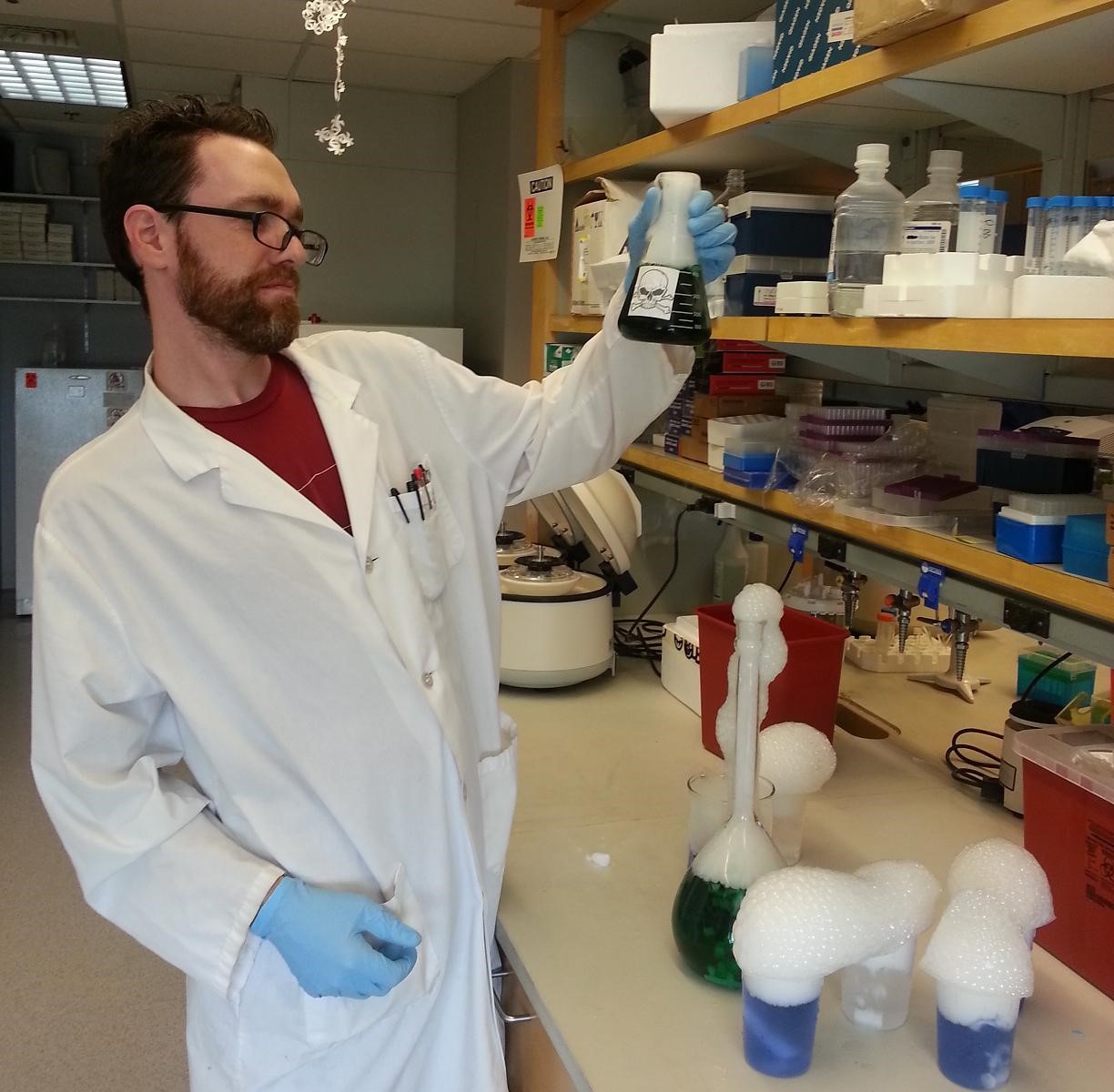 Brian is a research assistant in Dr. Lederman’s lab. He specializes in flow cytometry and is responsible for designing, running, and analyzing flow cytometry panels for the ACTG ISL (AIDS Clinical Trials Group Immune Specialty Laboratory) and other pet projects. He is also a member of the ACTG Lab Tech Committee. Brian enjoys pinball, craft cocktails, and his dog, Baxter.
Brian is a research assistant in Dr. Lederman’s lab. He specializes in flow cytometry and is responsible for designing, running, and analyzing flow cytometry panels for the ACTG ISL (AIDS Clinical Trials Group Immune Specialty Laboratory) and other pet projects. He is also a member of the ACTG Lab Tech Committee. Brian enjoys pinball, craft cocktails, and his dog, Baxter.